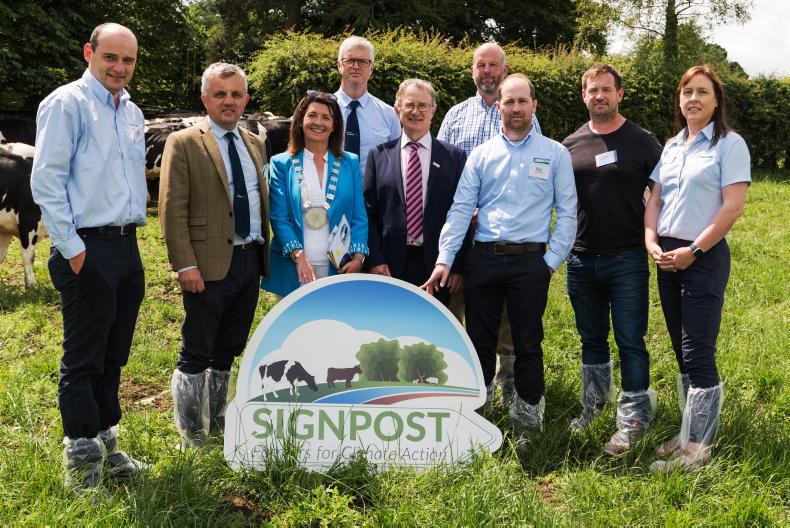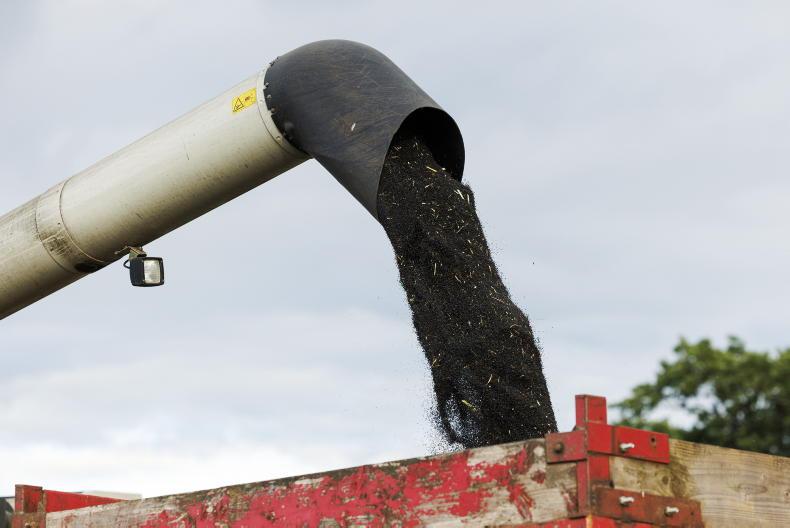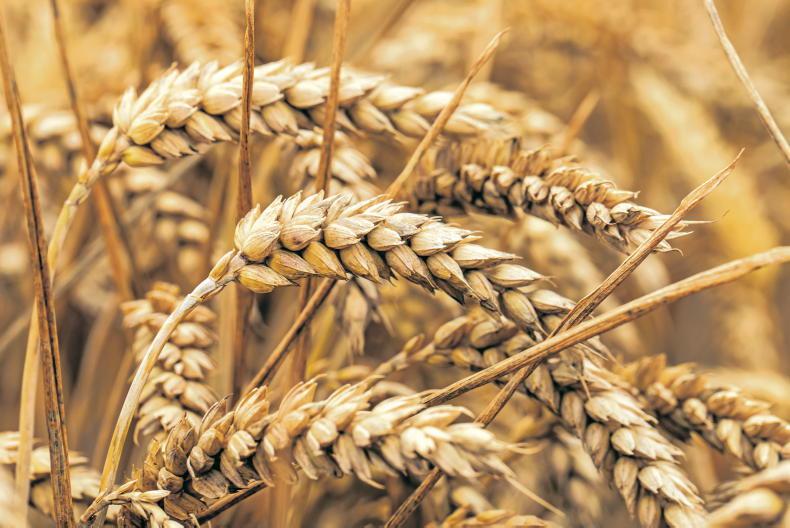Research is continuing on the use of wheat in drinks production in Ireland.
Sinéad Morris of the South East Technological University addressed farmers ahead of the Irish Grain Growers (IGG) group’s AGM on Monday 23 January.
The university has been working with distilleries across Ireland to examine the use of alternative grains in Irish whiskey production.
From a production point of view, Sinéad commented that distilleries can change relatively easily from maize to wheat. However, the bigger problem is that the taste of the final product would change.
'Shock'
In other words, consumers who have gotten used to the taste of a drink produced from maize would get a shock when they go to the bottle in a few years’ time if there was a switch in grains.
For example, Sinéad noted that wheat has some apple notes and a drier taste, whereas rye has a spice flavour.
“The big thing that it’s going to come down to is the flavour,” she commented, adding that the industry has been very positive and supportive of the research being carried out.
They’re definitely comparable and showing promise
She commented that distilleries have been shocked by the high alcohol yields achieved from wheat, when compared with maize.
The researcher showed figures from a number of wheat varieties, which ranged in yield from just under 400kg of alcohol per tonne of grain to just over 500kg of alcohol per tonne of grain.
“They’re definitely comparable and showing promise,” she added.
Sinéad showed data from 2020 and 2022, noting another year’s data has to be added on and explained that the optimum protein levels for wheat to get the maximum alcohol yield is 9% to 11%.
Looking at nitrogen rates, she noted that 200kg of nitrogen/ha gave the highest alcohol yield and was the nitrogen optimum rate for alcohol yield.
Further research
Head of research at Teagasc Ewen Mullins told the attendance that there is now a malting hub at Teagasc Oak Park.
Equipment has been purchased and Lisa Ryan, who previously worked with Royal Oak Distillery, will head up the malting hub at the sector and this should add greatly to research into malting in this country.










SHARING OPTIONS